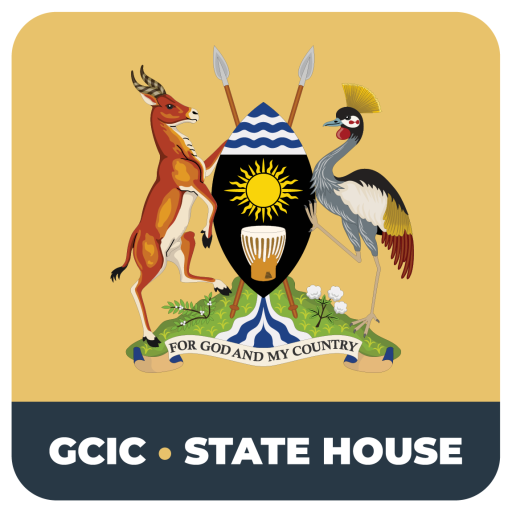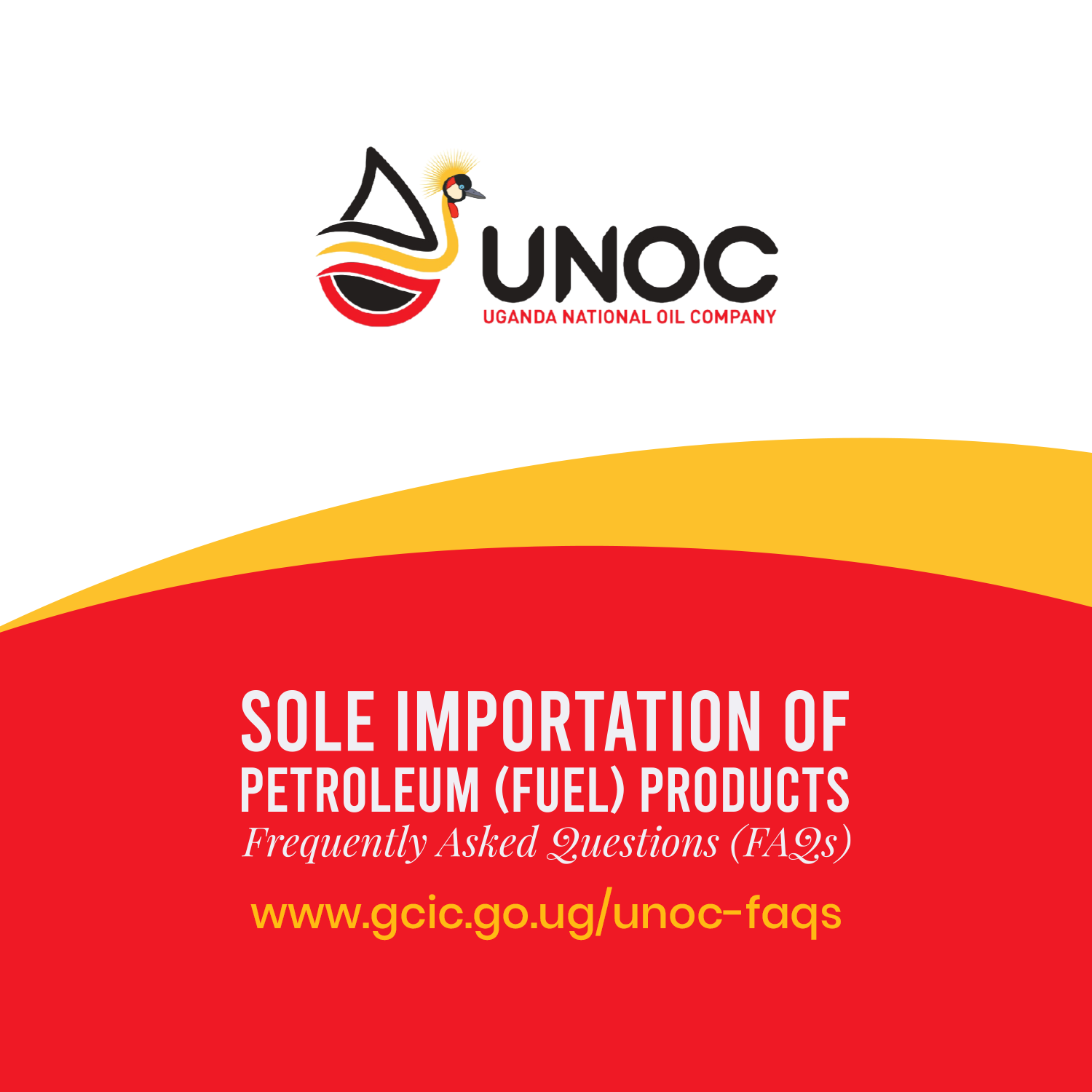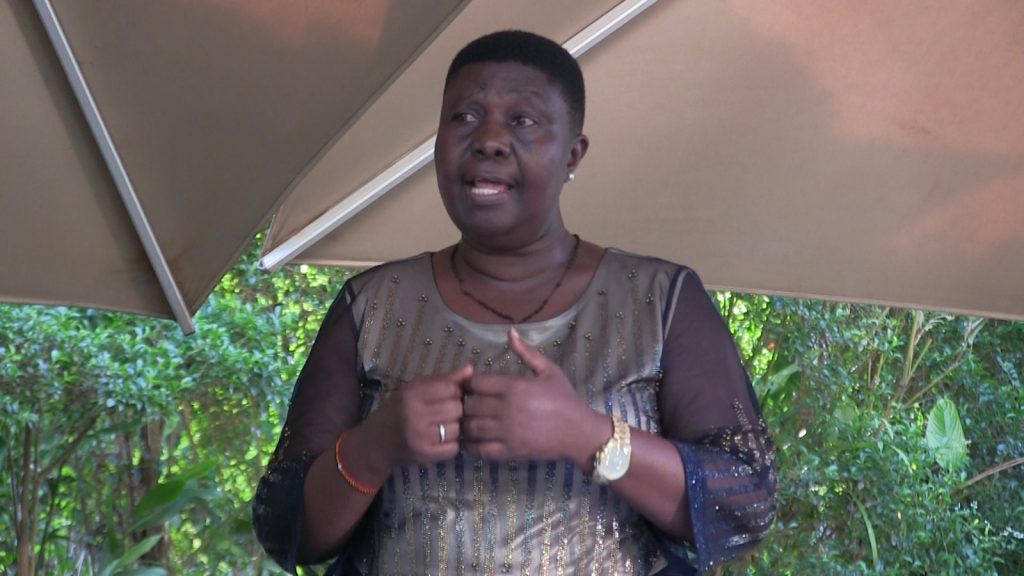

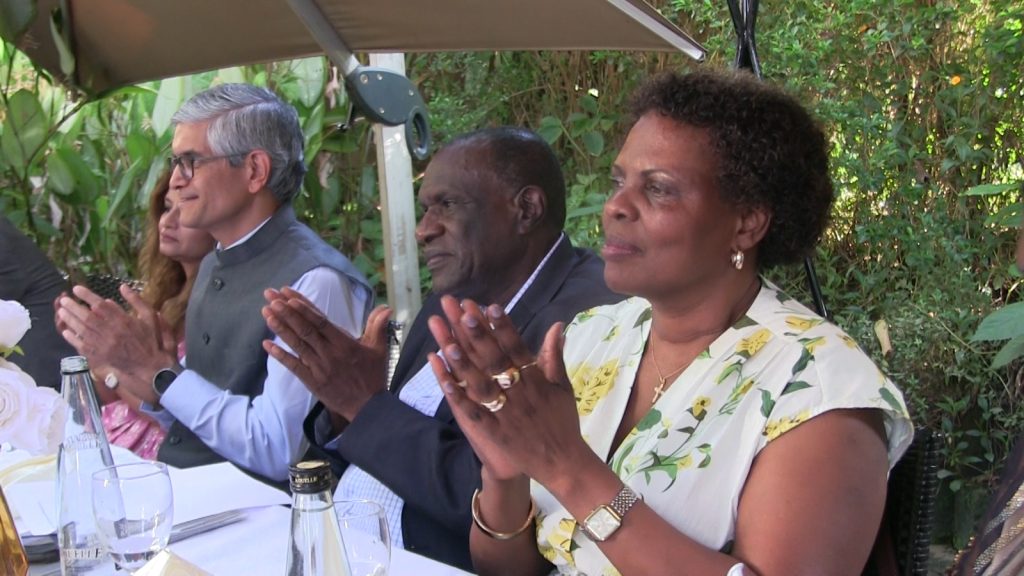
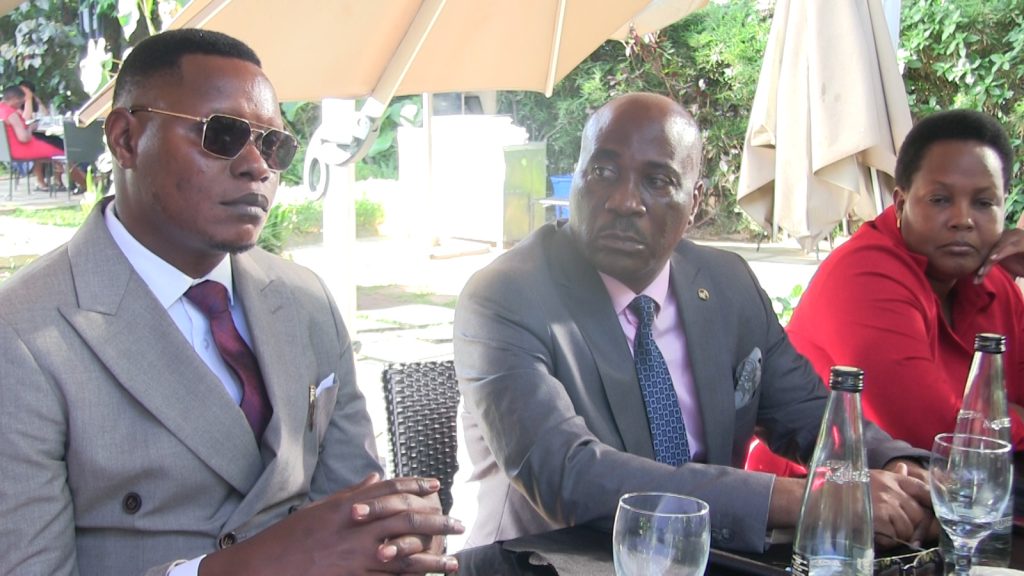
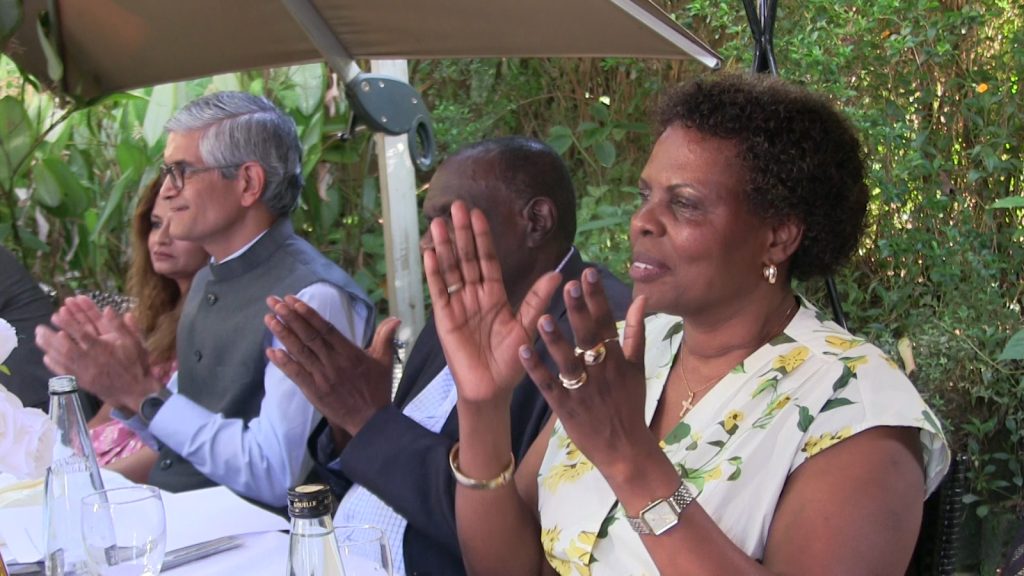
A delegation of twenty Resident District Commissioners (RDCs) who recently returned from a transformative capacity-building training in New Delhi, India, held an engagement yesterday in Kampala to share their experiences and chart the way forward for rural transformation in Uganda.
The meeting, convened at Roots Restaurant, was graced by the Indian High Commissioner to Uganda, Mr. Upendra Singh, the Permanent Secretary in the Office of the President, Hajji Yunus Kakande, and the Head of the RDC Secretariat, Maj.Martha Asiimwe. It provided a platform for the RDCs to present their key learnings from India and commit to implementing actionable strategies in their respective districts.
The two-week training programme in India focused on practical approaches to agriculture, value chain development, small-scale mechanisation, and grassroots empowerment. The RDCs undertook field visits to smallholder farms, engaged with rural producers, and participated in hands-on workshops covering cottage industries, irrigation technologies, leather product development, and agro-processing of milk and honey by-products.
Speaking at the engagement, Deputy RDC of Nansana Municipality, Charles Lwanga, described the training as a timely and eye-opening opportunity.
“What we saw and experienced in India challenged our thinking. It exposed us to simple but powerful models that can lift our communities out of poverty if well implemented. We’re ready to hit the ground running.”
The training aligns with the government’s ongoing efforts to implement the Parish Development Model (PDM), an initiative championed by H.E President Yoweri Kaguta Museveni to bring the 39% of Ugandans outside the money economy into productive enterprise. The knowledge gained in India, particularly around low-cost innovation and community mobilisation, is expected to boost the effective rollout of PDM interventions across districts.
Maj. Martha Asiimwe reaffirmed the Secretariat’s commitment to supporting RDCs in applying the skills and insights gained from India down to the parish level.
“This was not just a study tour. It was a skills transfer mission. These officers now have a responsibility to become change agents in their communities,” she said.
She further expressed deep gratitude for the opportunity to attend the capacity-building programme in India, noting that the training was timely and tailored to Uganda’s development needs. Modules covered included self-employment in agriculture, entrepreneurship in MSMEs, and the role of grassroots organisations in livelihoods. She affirmed that India was the ideal context for such a training, given its success in repositioning agriculture and community-based enterprises. She concluded by pledging on behalf of all the RDCs to diligently apply the skills and mindset gained from the training, which she described as “an investment that will yield visible results.”
Permanent Secretary Hajji Yunus Kakande commended the Indian Government for the continued cooperation, noting that India’s development journey is a valuable reference point for Uganda.
“India has shown us that with the right strategy and grassroots empowerment, poverty can be tackled effectively. Our partnership must grow stronger,” he said.
He reminded the RDCs that India, like Uganda, was once colonised but gained independence in 1947 and rapidly advanced to become a global economic powerhouse. He challenged Uganda’s leaders to draw lessons from India’s progress and confront the historical and political barriers that have delayed development in Uganda.
Hajji Kakande reflected on the long-standing education and technical cooperation between the two countries, citing notable Ugandan leaders who studied in India and returned to contribute to national growth. He pointed to the active Indian business and farming communities in Uganda as evidence of meaningful, longstanding partnerships that are more than diplomatic – they are practical and impactful on the ground.
Indian High Commissioner Mr. Upendra Singh expressed satisfaction with the outcomes of the programme and pledged India’s continued support to Uganda’s development agenda. He revealed that the course undertaken by the RDCs, ‘Livelihood Promotion through Self-Employment at the Grassroots Level’ was tailored in response to Uganda’s specific request through the Indian Technical and Economic Cooperation (ITEC) Programme.
He noted that Uganda had initially requested 20 slots, but India extended the invitation to include participants from other African countries with similar development priorities. The programme was designed and delivered through the National Institute of Labour and Economic Research and Development in Delhi.
Mr. Singh encouraged the RDCs to submit structured feedback, with concrete suggestions for a possible second phase of the training. He confirmed that the Indian government would consider further customisation of modules or even sending Indian experts to Uganda for on-ground training. He also shared outcomes of a recent Joint Working Committee meeting where Uganda’s priorities in agriculture and SMEs emerged as key areas of cooperation going forward.
The training was organised under the guidance of Hon. Milly Babalanda, Minister for the Presidency, with support from the RDC Secretariat and the Indian High Commission. It also reflects Uganda’s commitment to strengthening South-South cooperation, especially during its current tenure as Chair of the Non-Aligned Movement (NAM) and the G77+China.
With renewed resolve, the RDCs have promised to champion value addition, sustainable agriculture, and community entrepreneurship, guided by what they termed as “a fresh mindset” acquired in India.


